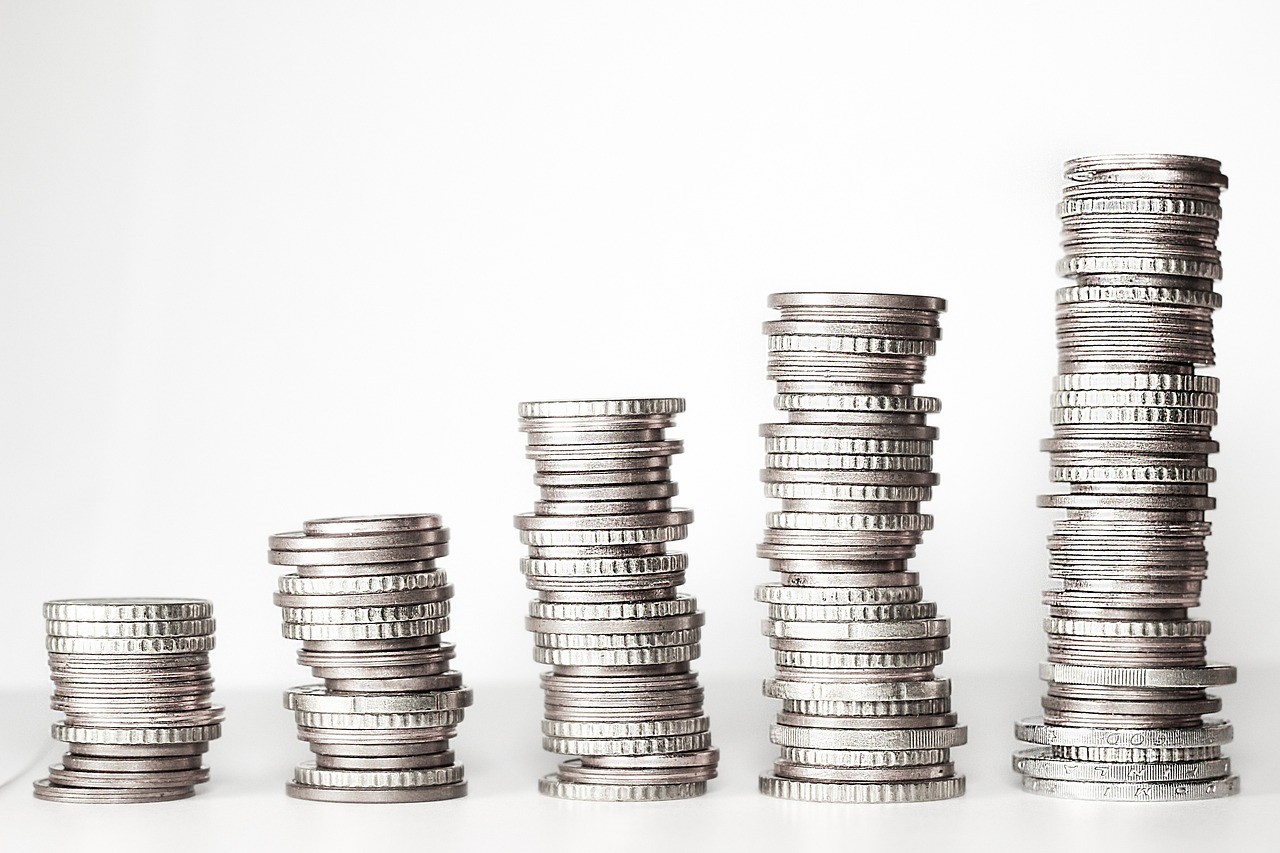
Result
Nine out of ten German citizens expect an increasing divide between rich and poor in Germany in the future. There is hardly any evidence of differences within the population. Compared to 2012, this concern has increased significantly from 75 to 91 per cent.
Reasons
There are around 22 million millionaires worldwide, almost 3,000 of whom are worth more than a billion dollars. Bernard Arnault, Elon Musk and Jeff Bezos probably had the highest incomes recently, earning roughly as much every second of last year as the average household in Germany has available per month: €3,813.
This sum is made up of income from employment (64%), public transfer payments (21%) from assets (10%) and non-public transfer payments such as company pensions, family support, private insurance, etc. (5%). There are major differences between eastern (€3,015) and western Germany (€3,830), but even more so depending on the respective living conditions. Over 20 per cent of all German citizens are considered to be at risk of poverty as they receive less than 60 per cent of the average income. This particularly affects people without a school-leaving qualification, single parents, people with a migration background and the unemployed. On the other hand, there are around 1.5 million millionaires in Germany and 22 per cent of all households have a net monthly income of more than €5,000. This group of people particularly often includes middle-aged men from western Germany who are well educated and self-employed.
Forecast
The differences in income and wealth distribution are huge. If these inequalities continue to increase, there is a risk of growing social tensions in society, increasing radicalisation, a threat to social cohesion and democracy and ultimately to prosperity and security.
Decision-makers are well aware of these dangers, but are still divided on what measures need to be taken to reduce inequality and promote social mobility. It remains to be seen whether emphasising performance, a different tax policy, more investment in education, infrastructure or jobs, an unconditional basic income or a higher minimum wage will be successful.
It is also clear that politicians will not be able to regulate this alone, but will also need the support of the business community and the willingness of every citizen to support change.


